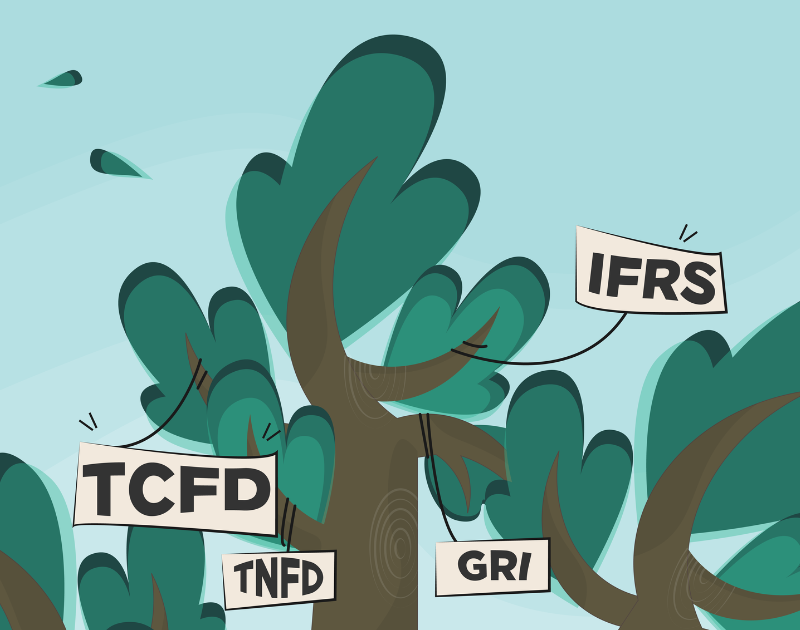
- Home
- Knowledge Insights
- New Report: ‘Strategic Insights on Corporate Environmental Disclosures in Sri Lanka’
Environmental disclosures are increasingly vital for fostering corporate accountability and aligning business practices with global sustainability goals. A new report by CSF titled, ‘Acronyms and Accountability: Strategic Insights on Corporate Environmental Disclosures in Sri Lanka’ offers a deeper examination of corporate environmental disclosures and their significance for Sri Lanka’s sustainability journey. It aims to provide practical recommendations for decision-makers, businesses, and stakeholders to adopt more effective and impactful disclosure practices. This report builds on the foundational insights from a recent CSF Knowledge Primer titled, ‘Acronyms and Accountability: Navigating Corporate Environmental Disclosures’ published in December 2024.
On why this report was of interest to CSF, Co-founder/Director Anushka Wijesinha noted, “At CSF, we are interested in how better environmental disclosures can drive corporate behaviour, attract sustainable investments, and support Sri Lanka’s transition to a greener, climate-resilient economy”.
An evaluation of the reporting practices of CSE-listed companies uncovered significant disparities in the maturity, adoption and reporting intensity of environmental disclosures. While the influence of global regulations, particularly from the European Union, are pushing Sri Lankan exporters to adopt higher standards, challenges such as resource constraints, data scarcity, and a lack of standardised practices for data collection and management hinder comprehensive reporting. However, the implementation of the SLFRS standards is anticipated to improve adoption and consistency in environmental reporting.
The research revealed several local complexities and nuances. A critical issue is the tendency of many companies to engage in compliance-driven reporting rather than adopting meaningful sustainability practices, which require a deeper integration of sustainability into business operations. A “carrots-and-sticks” strategy combining incentives and regulations could drive broader adoption of environmental reporting. SMEs play a crucial role in local supply chains, and their inclusion in reporting practices is necessary for comprehensive reporting. Additionally, collaboration and coordination between policymakers and corporate actors are crucial to aligning strategic objectives and achieving realistic climate goals. Most importantly, effective sustainability reporting hinges on internal organisational capacity. The commitment of top management, a well-trained sustainability team, and collaboration across departments is critical.
Lead author of the report, Medhini Igoor, observed that, “Many companies in Sri Lanka tend to push environmental reporting to the finance teams, and see it just as an extension to the financial reports. But environmental reporting is more than that, and more than ad-hoc CSR activities – ideally it should influence the company’s strategy and operations”.
Key strategic insights of this research focus on the roles of the CSE and accounting bodies in shaping the sustainability reporting landscape by promoting the standardisation and adoption of global frameworks through strategic initiatives. Developing a national environmental reporting roadmap and a sector-specific, incremental approach to mandatory reporting are recommended. Also, the establishment of an annual sustainability reporting index could serve as a benchmarking tool to encourage transparency and continuous improvement. Another key insight is the role that the MoE can play in offering training, capacity building, and technical resources to assist SMEs in adopting sustainability practices. Given that the NGRS currently lacks complexity for larger corporations, its simplicity makes it well-suited for supporting SMEs. In conclusion, the research emphasises the need for a cohesive strategy that aligns local practices with global frameworks by leveraging the roles of key institutions.


